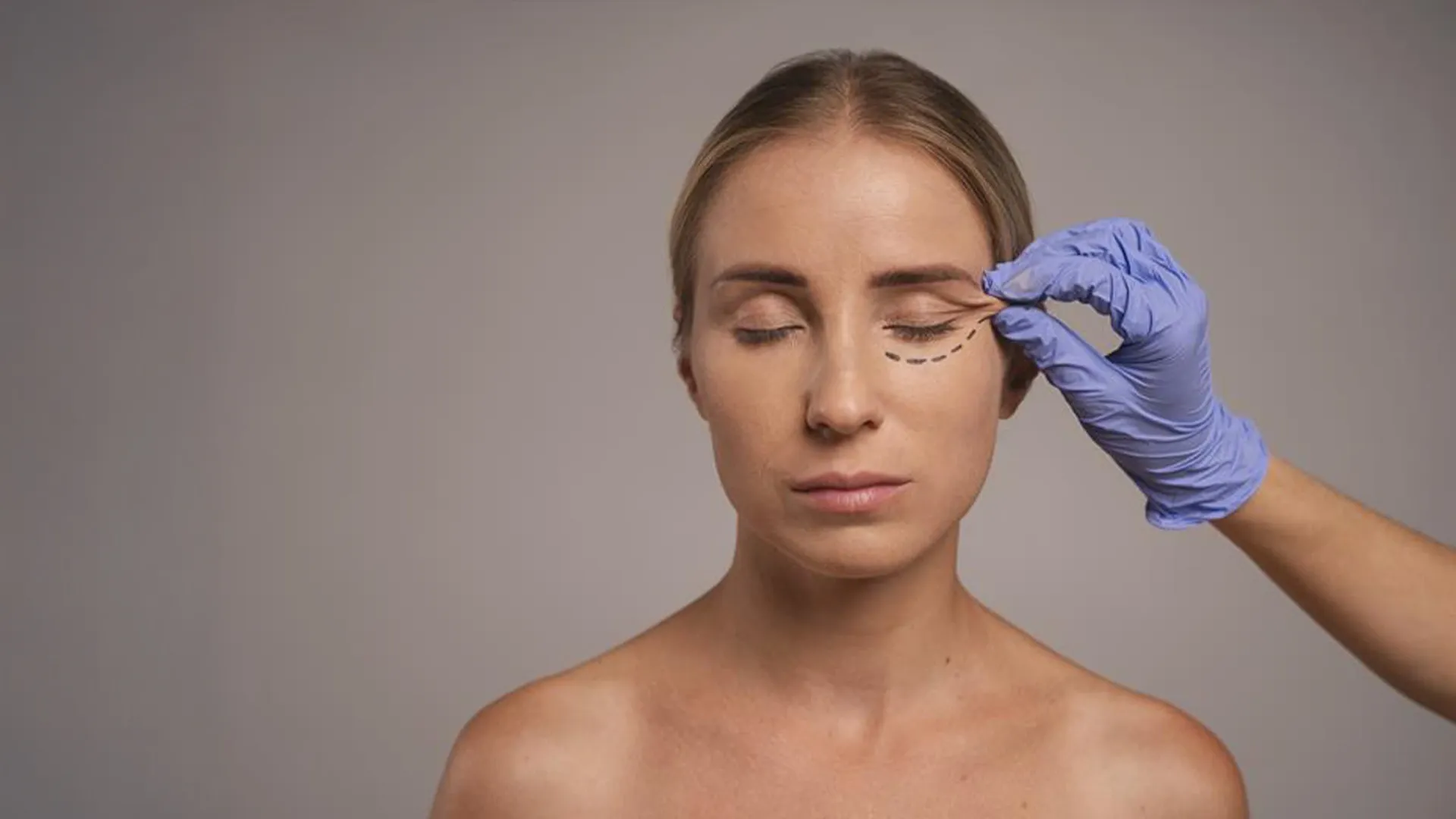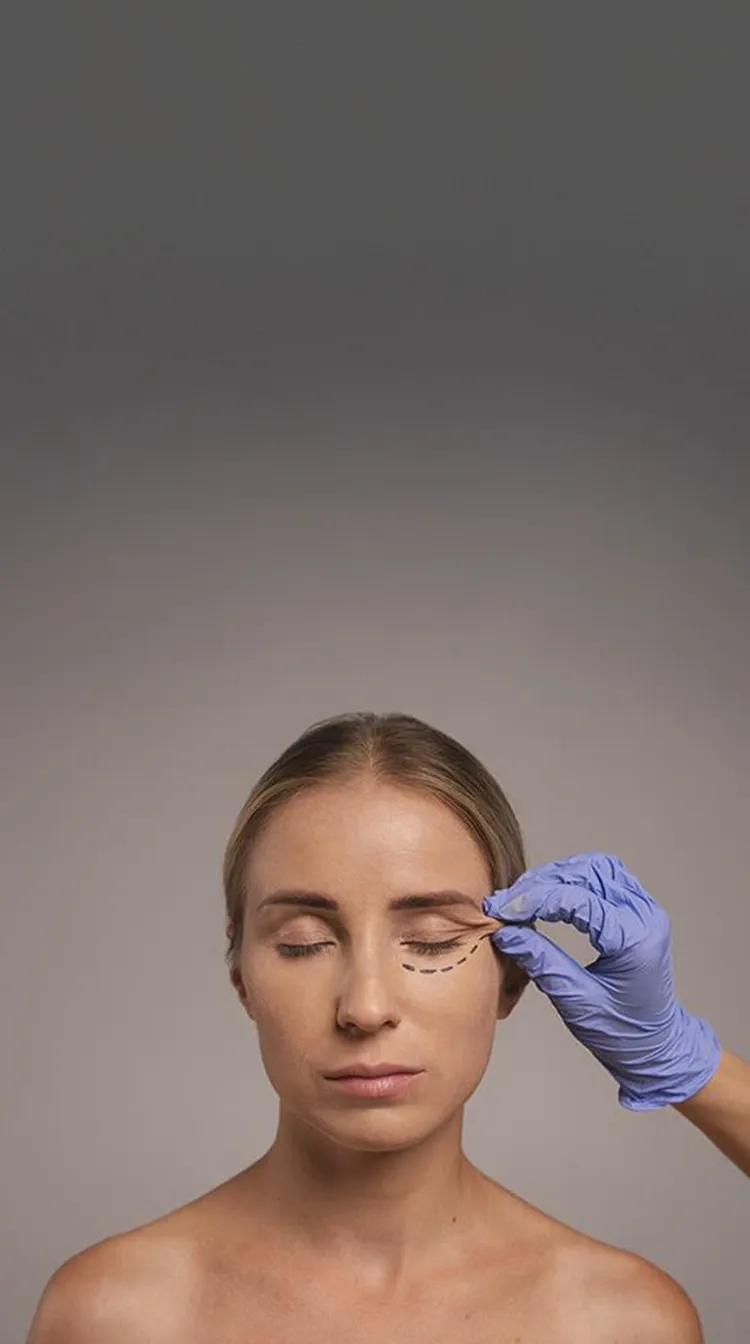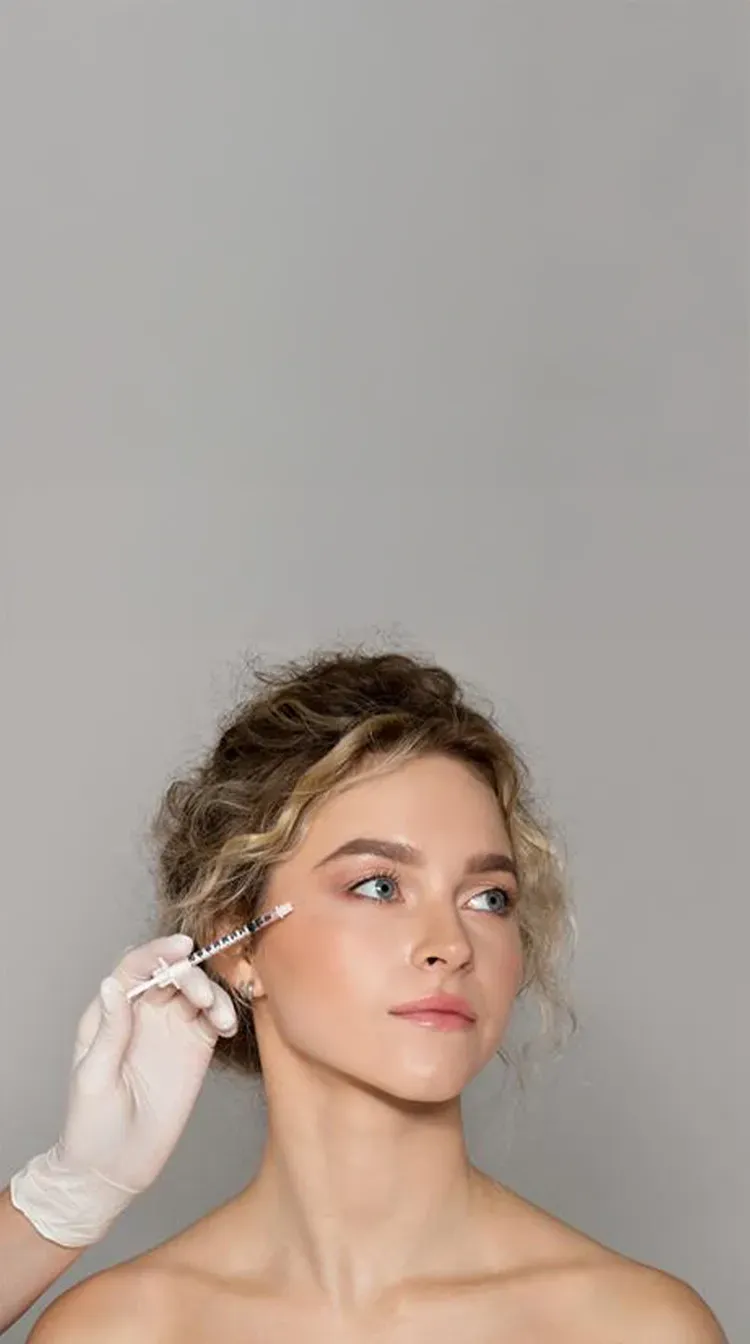

Plastic Surgery
Cosmetic Surgery
Breast Surgery
Breast augmentation
Breast reduction
Breast uplift (mastopexy)
Breast implant
Facial Aesthetic Surgery
Eye lift (blepharoplasty)
Facelifts
Facial Plastic Surgery
Post-Weight Loss Surgery
Excess skin removal
Abdomen
Flanks
Thighs
Arms
Breasts


Body Contouring
Abdominoplasty (tummy tuck)
Liposuction
Thigh lift
Arm lift
Body lift
Reconstructive Surgery
Reconstructive Surgery
Hand surgery (Elective or trauma)
Nerve decompression
Peripheral nerve surgery
Neuropathic pain surgery
Diabetic foot reconstruction
Soft tissue reconstruction for all parts of the body following major surgery
Abdominal wall reconstruction
Skin Lesions & Cancer
Skin cancer removal
Skin reconstructive surgery
Scar revisions
Other Cosmetic Procedures
Labiaplasty
Lumps & bumps removal


Non-surgical Aesthetic Treatments
Plastic Surgery Consultation Options
In-person Plastic Surgery Appointment at LIPS Healthcare
You can see your plastic surgeon face-to-face in-clinic for a consultation.
Online Plastic Surgery Appointment
You can book a 10- minute free of charge virtual plastic surgery consultation.
Book an appointment
This is a provisional booking. A member of our team will contact you shortly to confirm and arrange the details of your visit.
This is a provisional booking. A member of our team will contact you shortly to confirm and arrange the details of your visit.

FAQs
You can book an appointment through any of the following options:
Email us at info@lips.org.uk
Call us at +44 (0) 207 164 6114.
Book directly through our website.
Self-Pay
Booking Online:
Debit or credit card (Visa & Mastercard)
Apple Pay or Google Pay
Booking Over the Phone:
A secure online payment link, shared by the medical assistant.
Alternatively, you can provide your card details over the phone to our medical assistant for a secure one-time card payment.
Insured
You must provide the following details at the time of booking, either online, over the phone or via email:
Insurer name
Authorisation code
Membership number
Plastic surgery generally falls into one of two categories:
Reconstructive procedures, which restore function or appearance after injury, illness, or congenital conditions.
Cosmetic procedures, which enhance or reshape parts of the body for aesthetic reasons.
Skin boosters are injectable treatments that use hyaluronic acid to deeply hydrate the skin, improve elasticity, and create a smoother, glowing appearance. Unlike traditional fillers that add volume, skin boosters work by nourishing and revitalising the skin from within, helping to reduce fine lines and improve overall texture.
Keloid scars can be treated with various options, depending on their size and location. Treatments include:
Steroid injections to reduce thickness and discomfort
Silicone sheets or gels to flatten the scar
Laser therapy to improve appearance
Surgical removal, sometimes combined with other treatments to reduce recurrence
Consult a specialist to determine the best approach for your scar.
To get an accurate estimate, it’s best to schedule a consultation with a plastic surgeon who can provide a detailed cost breakdown, tailored to your needs.
Hyperhidrosis (excessive sweating) can be treated with:
Injections to temporarily block sweating
Medications to reduce sweating
Minimally invasive procedures or surgery in severe cases
Your doctor can help you choose the most effective treatment based on your needs.
Liposuction is a surgical procedure that removes unwanted fat deposits from areas like the stomach, thighs, hips, or arms. It’s not a weight-loss method but can help contour and reshape specific areas to achieve a slimmer silhouette.
A tummy tuck, or abdominoplasty, is surgery to remove excess skin and fat from the abdomen and tighten the underlying muscles. It can help create a firmer, flatter stomach, often after pregnancy or significant weight loss.
Blepharoplasty, also known as eyelid surgery, is a procedure to remove excess skin, fat, or muscle from the upper or lower eyelids. It can improve drooping eyelids or under-eye bags for a refreshed appearance and, in some cases, help with vision if sagging skin obstructs your sight.
Labiaplasty is a surgical procedure to reshape or reduce the size of the labia minora (inner vaginal lips). It can be done for comfort, cosmetic reasons, or to address irritation from enlarged labia.
Skin cancer can look different depending on the type, but common warning signs include:
A new mole or growth that changes in size, shape, or color
A sore that doesn’t heal
A spot or bump that itches, bleeds, or crusts over
A mole with uneven edges or multiple colors
If you notice any of these changes, it’s important to get your skin checked by a specialist.
LIPS Healthcare now offers a mole mapping service to help you track moles over time and detect any changes early.









